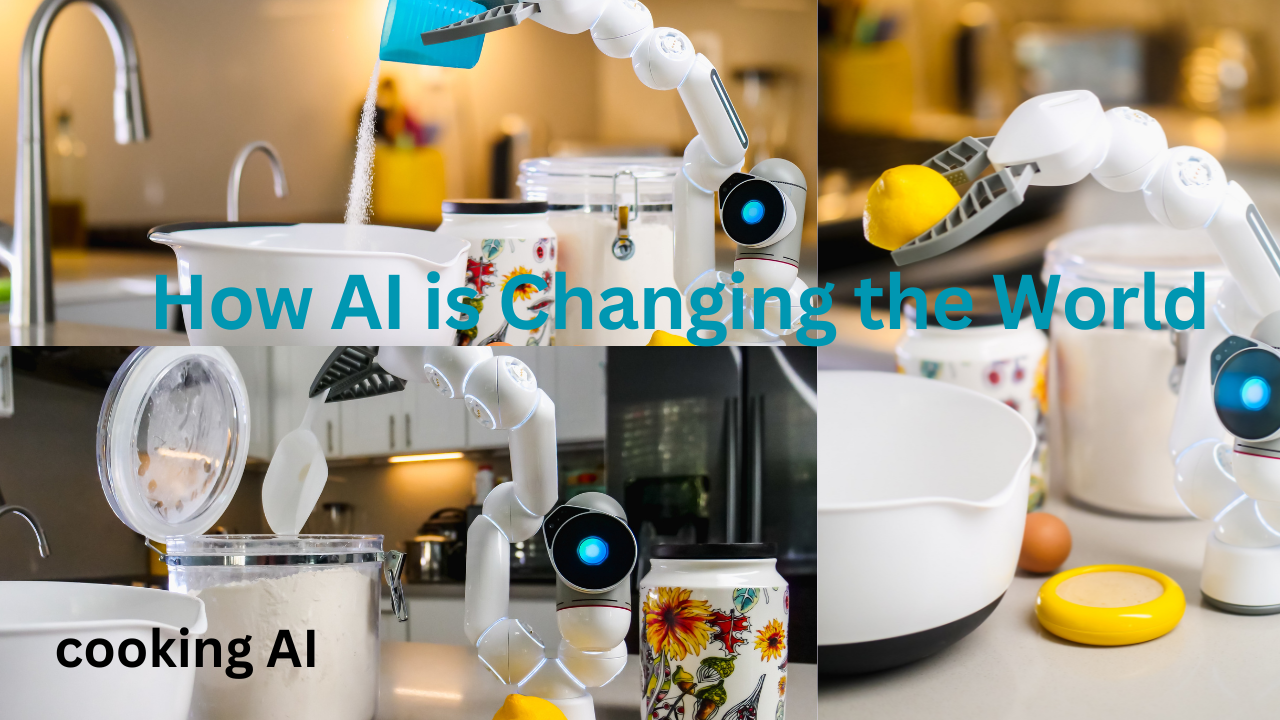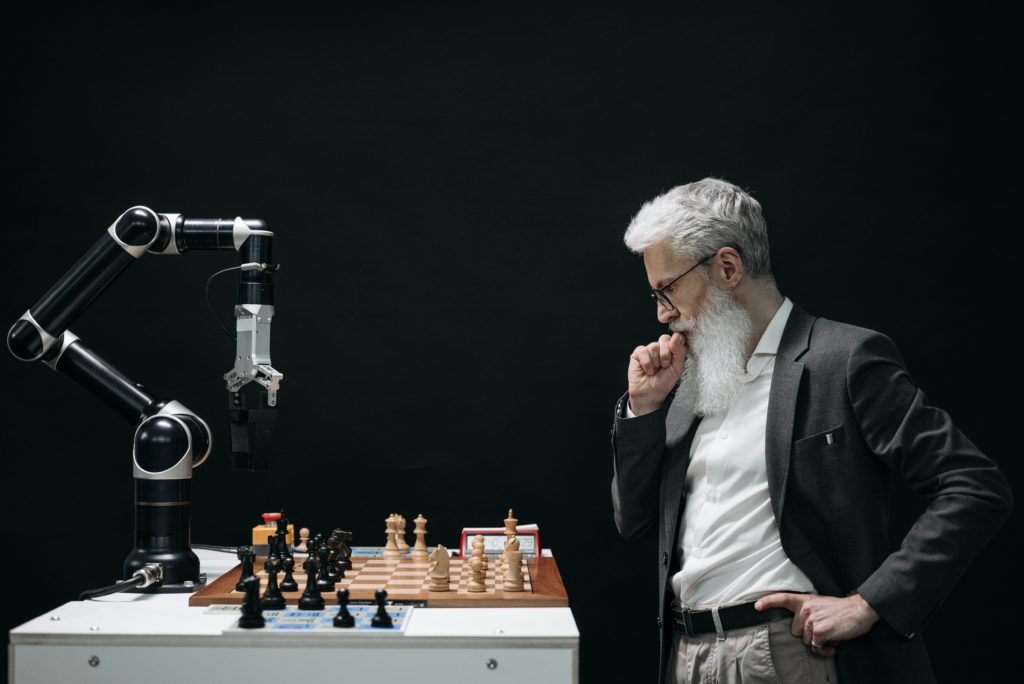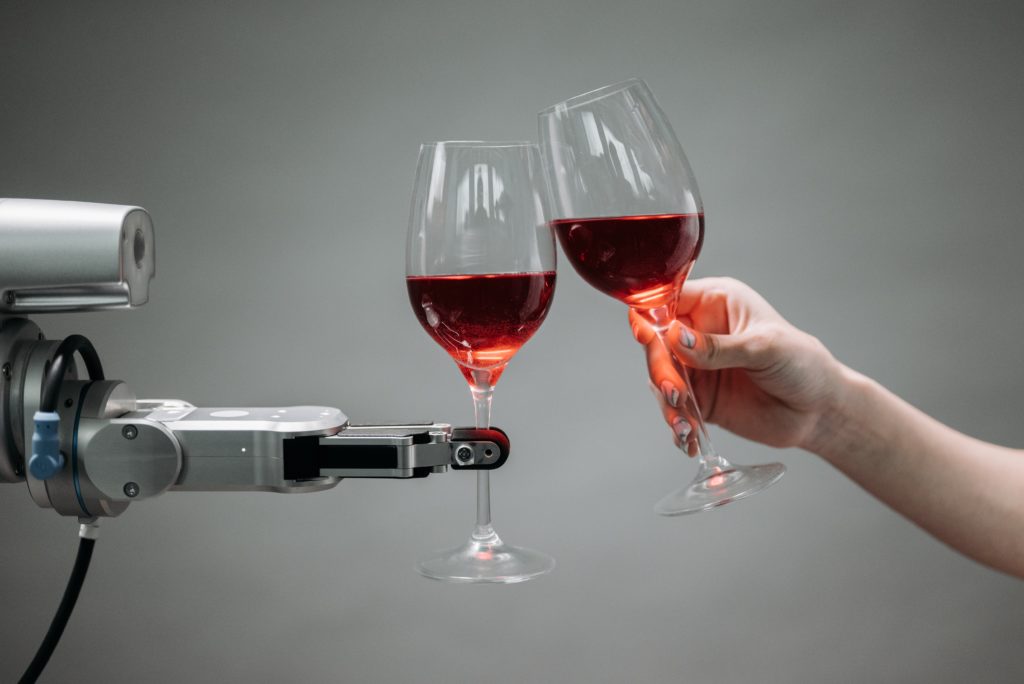
The Rise of the Machines: How AI is Changing the World
Artificial intelligence (AI) is one of the most transformative technologies of our time. It is already having a major impact on our lives, and its potential to change the world is virtually limitless.
In this blog post, we will explore the rise of AI and its impact on various industries and aspects of our lives. We will also discuss the ethical implications of AI and the challenges that we face in ensuring that this technology is used for good.
The Rise of AI
The history of AI can be traced back to the early days of computing, when scientists began to explore the possibility of creating machines that could think for themselves. In the 1950s, Alan Turing published his famous paper, “Computing Machinery and Intelligence,” which laid the foundation for modern AI research.
In the decades since, AI has made significant progress. We now have machines that can beat humans at chess, Go, and other games. We also have machines that can recognize objects, translate languages, and generate creative content.
The pace of AI development is accelerating, and it is clear that this technology is going to have a major impact on our world in the years to come.

AI Machine Playing Chess With Human
AI in Various Industries
AI is already having a major impact on various industries. For example, AI is being used to:
- Improve healthcare by developing new diagnostic tools and treatments.
- Automate tasks in manufacturing and logistics, leading to increased efficiency and productivity.
- Personalize the shopping experience by recommending products that are likely to be of interest to each individual customer.
- Create more engaging and immersive entertainment experiences.
These are just a few examples of how AI is being used today. As AI continues to develop, we can expect to see even more innovative and disruptive applications in the years to come.
AI and the Future of Work
One of the most significant impacts of AI will be on the workforce. AI is already automating many jobs, and it is likely to automate even more jobs in the future. This raises the question of what will happen to the people who lose their jobs to AI.
There are a few possible scenarios. One scenario is that AI will lead to mass unemployment. In this scenario, many people will be unable to find work, and there will be widespread social unrest.
Another scenario is that AI will lead to a new kind of economy. In this scenario, people will be able to find new jobs that are created by AI. For example, people may be able to find jobs as AI trainers, AI developers, or AI consultants.
It is also possible that AI will lead to a combination of the two scenarios. In this scenario, some people will lose their jobs to AI, while others will find new jobs that are created by AI.

AI Machine And Human With Win Glass
The future of work is uncertain, but it is clear that AI will have a major impact on the workforce. It is important to start thinking about how we can prepare for this change and ensure that everyone benefits from the opportunities that AI creates.
The Ethics of AI
The rise of AI also raises a number of ethical concerns. For example, we need to make sure that AI is used in a responsible and ethical way. We also need to make sure that AI does not discriminate against certain groups of people.
Another ethical concern is the potential for AI to become so powerful that it poses a threat to humanity. This is the so-called “AI control problem.”
It is important to address these ethical concerns now, before AI becomes too powerful. We need to develop ethical guidelines for the development and use of AI. We also need to invest in research on the AI control problem.
The Future of AI
The future of AI is full of possibilities. AI has the potential to solve some of the world’s most pressing problems, such as climate change, poverty, and disease.
However, AI also poses some risks, such as job displacement and the potential for AI to become a threat to humanity.
It is important to use AI for good and to mitigate the risks. We need to develop ethical guidelines for the development and use of AI. We also need to invest in research on the AI control problem.
The future of AI is in our hands. Let’s make sure that we use this technology wisely.










